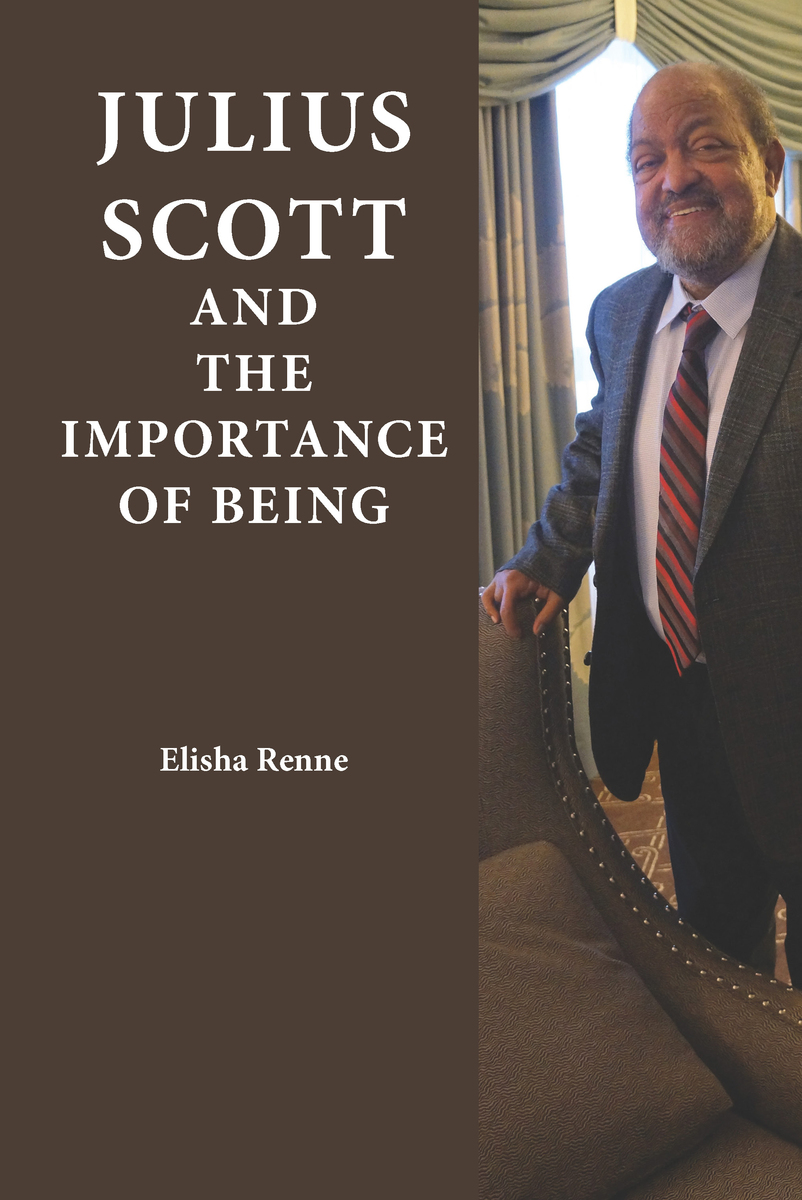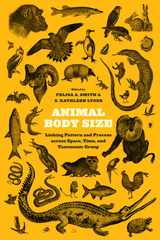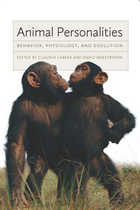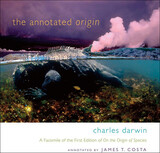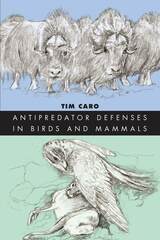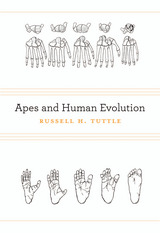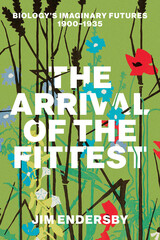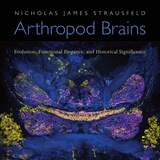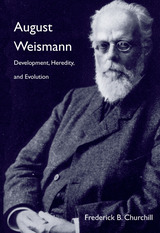Julius Scott and the Importance of Being
Michigan Publishing Services, 2024
Paper: 978-1-60785-871-3 | eISBN: 978-1-60785-870-6
See other books on: Being | Diabetes | Diseases & Conditions | Importance | Renne, Elisha
See other titles from Michigan Publishing Services
Paper: 978-1-60785-871-3 | eISBN: 978-1-60785-870-6
ABOUT THIS BOOK | AUTHOR BIOGRAPHY
ABOUT THIS BOOK
The book, Julius Scott and the Importance of Being, introduces readers to the historian Julius Scott, his own history, personal qualities, and work. Julius is remembered for the book, The Common Wind: Afro-American Currents in the
Age of the Haitian Revolution, published in 2018, which was widely regarded as a transformative contribution to Atlantic world history. Admiringly reviewed in many important journals, the book received several awards. These accolades came as a sort of compensation at the time of worsening health, a consequence of type 1 diabetes. The consequences of having type 1 diabetes are documented with a detailed discussion of the relentless effects of this disease. Furthermore, as the first Black student to integrate Southern schools, which included his first-grade class in Houston, Texas, and later, secondary schools, first in Atlanta and then in Alabama, along with Julius’s family background, these experiences enabled him to astutely observe racism in its various forms. Throughout his life, Julius managed, despite his terrible illness, to carry on, with ingenuity, grace, and humor.
This biography of Julius Scott is based on primary and secondary sources and focuses on aspects of Julius’s life in order to underscore the personal connection between scholarly achievement, his experiences of living the United States as an African American, and the relentless consequences of having type 1 diabetes. The book, Julius Scott and the Importance of Being, also underscores the importance of documenting the continuing significance of race and religion in political life in the US and the Caribbean.
Age of the Haitian Revolution, published in 2018, which was widely regarded as a transformative contribution to Atlantic world history. Admiringly reviewed in many important journals, the book received several awards. These accolades came as a sort of compensation at the time of worsening health, a consequence of type 1 diabetes. The consequences of having type 1 diabetes are documented with a detailed discussion of the relentless effects of this disease. Furthermore, as the first Black student to integrate Southern schools, which included his first-grade class in Houston, Texas, and later, secondary schools, first in Atlanta and then in Alabama, along with Julius’s family background, these experiences enabled him to astutely observe racism in its various forms. Throughout his life, Julius managed, despite his terrible illness, to carry on, with ingenuity, grace, and humor.
This biography of Julius Scott is based on primary and secondary sources and focuses on aspects of Julius’s life in order to underscore the personal connection between scholarly achievement, his experiences of living the United States as an African American, and the relentless consequences of having type 1 diabetes. The book, Julius Scott and the Importance of Being, also underscores the importance of documenting the continuing significance of race and religion in political life in the US and the Caribbean.
See other books on: Being | Diabetes | Diseases & Conditions | Importance | Renne, Elisha
See other titles from Michigan Publishing Services
